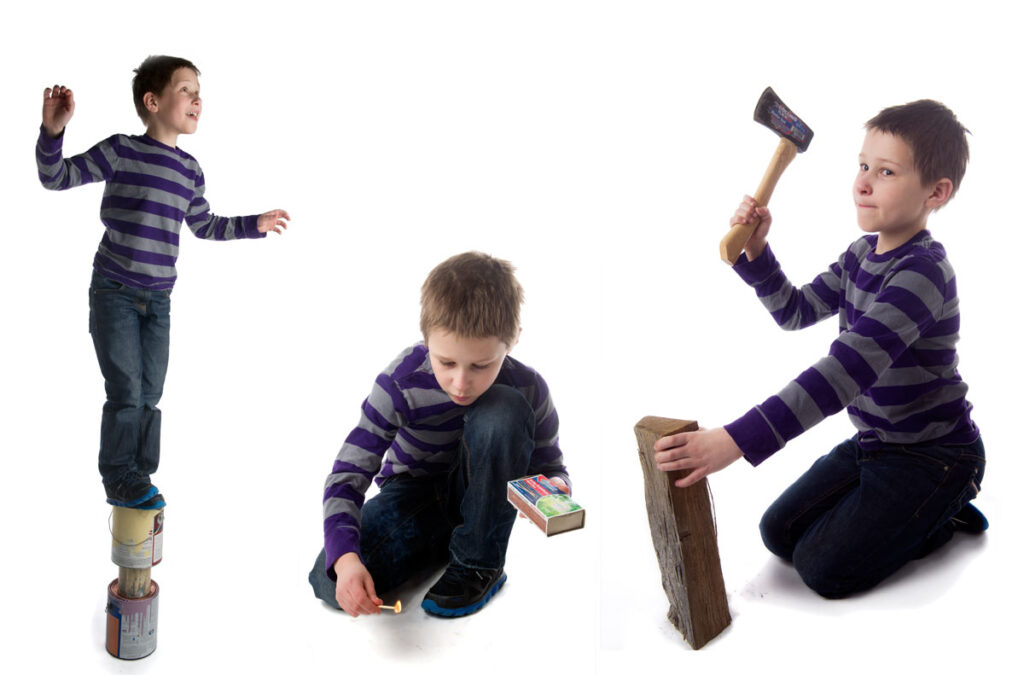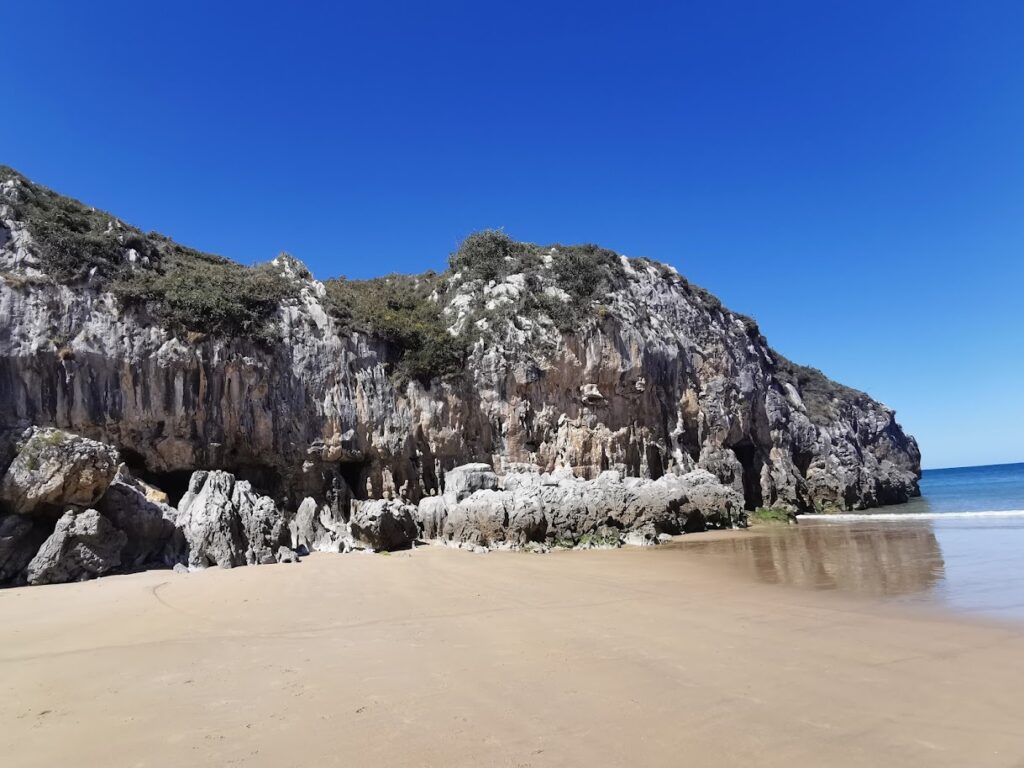Safety isn’t Safe
It started in the 70s with the birth of the health and safety culture. In the early 2000s the mantra ‘safety is our priority’ crept into public life. In 2023, safeguarding is the activity on virtually everyone’s mind who lives in public life.
50 years on from its introduction, the focus on safety has spawned many industries that capitalize on people’s fear of risk. Are we any better for it? The safety culture has a bedfellow called compliance. If we comply, we are safe. If we don’t comply, then we are at risk.
So risk assessments have been part of the UKs DNA to assess if some proposed activity complies with a particular set of rules. These rules are there to establish if you are putting yourself at an unacceptable risk – particularly the risk of someone suing you if you are not compliant with those rules. There is something frighteningly circular with this thinking, and will inevitably end up with the thing you are trying to do being cancelled because it is deemed too risky.

I recently tried to gather some people in a friend’s kitchen to chat about things that were important to us. It wasn’t a massive thing, just a few friends gathering to chat. Someone asked if I had done a risk assessment on the venue, was DBS checked and had done my safeguarding training. I hadn’t done the first one as I didn’t know how to assess the risk of a kitchen table, but had passed the other two. How on earth did it come to this?
Ultimately if safety is a priority then the only logical consequence of this is to strip anyone of any freedom to do something which involves some sort of risk. The state takes on the job of keeping someone safe, and the only way they can ultimately do that is to completely control our lives.
We are already seeing the fruit of this culture (bad as the fruit tastes) as people shift their own personal responsibility to some other entity, whether this the police, NHS, councils, the government or anyone other than themselves. Any organisation who increasingly focusses on ‘safeguarding’ will increasingly find itself incapable of taking on the burden of other people’s lack of accountability.
This is all too obvious when something terrible happens to a child and the media focusses on the authorities who should have prevented that thing happening. It is an impossible task. What if the parents of that child refuse to engage with those authorities, won’t even open the door to them checking the child? There has to come a point when the responsibility lies with the parent?
So not only have we created a culture that shifts responsibility away from those that should have it, but we’ve also created a culture that blames someone else when it goes wrong. Add into the mix the legal no win no fee culture and it begins to become clear where things have gone wrong.
As the UK increasingly abandons any objective sense of moral values, so the void is filled with the values from the free market economy. Safety has become the UK’s god, and the beneficiaries are the market. More specifically, the focus on safety has created a market for financial gain to the detriment of society as a whole.
There are some grey areas though. My local roads are riddled with potholes which I generally try to steer around. There are no signs saying ‘Warning, potholes ahead.’ However, when they are filled in (usually quite badly) signs go up warning me of ‘skid risks’. The genuine danger of driving into a pothole seems much greater than the danger of skidding over a filled one, yet the latter we are warned against. I do wonder if the cost of paying out for claims for damaged cars is less than the cost of doing a good job on the roads to prevent them?
On a recent visit to Northern Spain, I was exploring the rock cliffs around a beautiful beach. Whilst my partner was doing some cold water swimming, I noticed some climbers going up one of the cliffs. Then I noticed in many places on the cliff were climbing attachment points (I am sure they have a proper name!). This was interesting because this particular natural resource was being offered for people to enjoy. Climbing can be dangerous if you don’t take it seriously but Spanish culture doesn’t require a sign telling you this, it is common sense. Contrast this to the UK which would probably have a sign telling you no climbing and fence it off. I used to live in a village that had a lake with a small beach around it. It was enjoyed by loads of people until someone drowned, a risk assessment done, then fenced off preventing anyone using it.

So it does seem that the UK is steering itself blindly into a culture that is risk averse, and in doing so not teaching young people to deal with risk. Subsequently, people are more in danger now than they ever were because you cannot mitigate risk without denying something which is essential to feeling alive. Visit India and find out what I mean!
